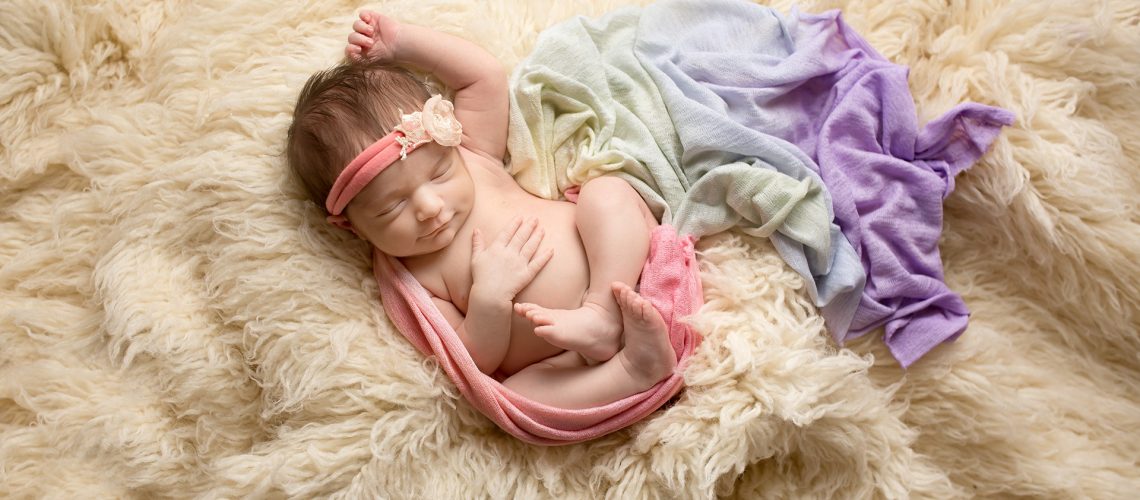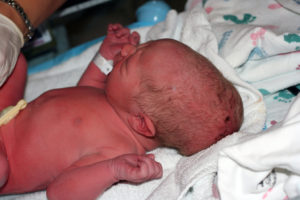What is normal for newborns?
Should I worry?
Since newborns do not come with their own set of instruction manuals, how are parents supposed to know what is and is not normal? Newborns are mysterious little beings and make parents worry over little things. There is no rhyme or reason for why they do what they do at times. The fact that you worry is proof enough that you love your child and only want what is best for them.
Below are a few facts that you may notice about your newborn. Try not to worry. Not all babies will have all OR any of these because every baby is different. They are all pretty normal findings.
Newborns may lose 5-10% of their birth weight in the first few days, this is mainly due to loss of extra fluid accumulated by mom and baby nearing delivery. (Your child’s doctor will be monitoring this closely).
Newborns heads may be mis-shaped from before or during delivery. They typically reshape by the end of the first week
Newborns have 2 soft spots: one on the top of their head (anterior-closes between 12-24 mo) and one in the back (posterior-closes between 2-3 mo), normal handling of the head will not cause any issues with them
 Some newborns may look cross-eyed; their eye muscles are still weak after birth
Some newborns may look cross-eyed; their eye muscles are still weak after birth
Newborn girls may look like they are menstruating (withdrawal from your hormones)
Newborn boys may have erections (typically, during diaper changes, as long as it goes down quickly, it is normal)
Girl and boy newborns breast buds and genitalia may be swollen (withdrawal from your hormones)
Newborns may have swollen or puffy eyelids or you may notice red on the whites of their eyes (this is due to pressure from delivery) should go away within a couple days
Both boys and girls can lactate (withdrawal of hormones again!)
Newborns hands and feet may appear bluish (acrocyanosis-blood is shunted to the more vital organs). May see this when they are cold or coming out of a bath. Warm them up and re check. As long as lips and tongue are pink, there is no cause for concern.
Some newborns may have little white bumps called milia on their face around their nose & chin primarily (obstruction of oil or sebaceous glands). Do NOT pop or squeeze them, they will go away in a few weeks!
Some newborns may be covered in thin, fine hair called lanugo. Most commonly found on shoulders, ears, back and above buttocks. It will eventually fall out.
You may discover a cream cheese like substance in newborn folds, under arms, behind knees and ears and in genitalia, feel free to rub it in. It helped protect their skin while inside utero.
Some newborns may have peeling skin, especially their feet. This is because they have been in fluid for months. Their skin does not require any treatment, it will eventually go away.
Some babies get a red newborn rash. It looks like little tiny raised bug bites but rest assured it is a common rash. Again, no treatment necessary and it will go away on its own.
Most newborns breathe faster than adults do, sometimes twice as fast. They are also tummy breathers.
Newborns have a pronounced startle (Moro) reflex where arms and legs shoot out when they are startled and then come back to the body.
Hiccups, very common. They do not hurt the baby and will go away.
Sneezing and coughing do NOT necessarily mean that the baby has a cold. It is a reflex to help remove irritants out of their throat or nose.
Most newborns do not produce noticeable tears until a couple weeks old

Newborns sleep a lot, eat a lot, pee and poop a lot and some cry a lot, this is all normal behavior.
Babies LOVE to be held and cuddled, it gives them a sense of safety and security. Do not worry, you CANNOT spoil a newborn!
I hope learning some of these insights will help you understand your newborn better. Follow your instincts and if you are concerned, talk with your child’s pediatrician.
DID YOU KNOW NEWBORNS…
Have no kneecaps (yep it is just cartilage)
Heads account for ¼ of their total body weight
Are born with over 300 bones but adults only have 206
Have taste buds on the sides, back and roof of their mouth
For a free consultation, click here to learn more helpful hints about your 4th trimester.



